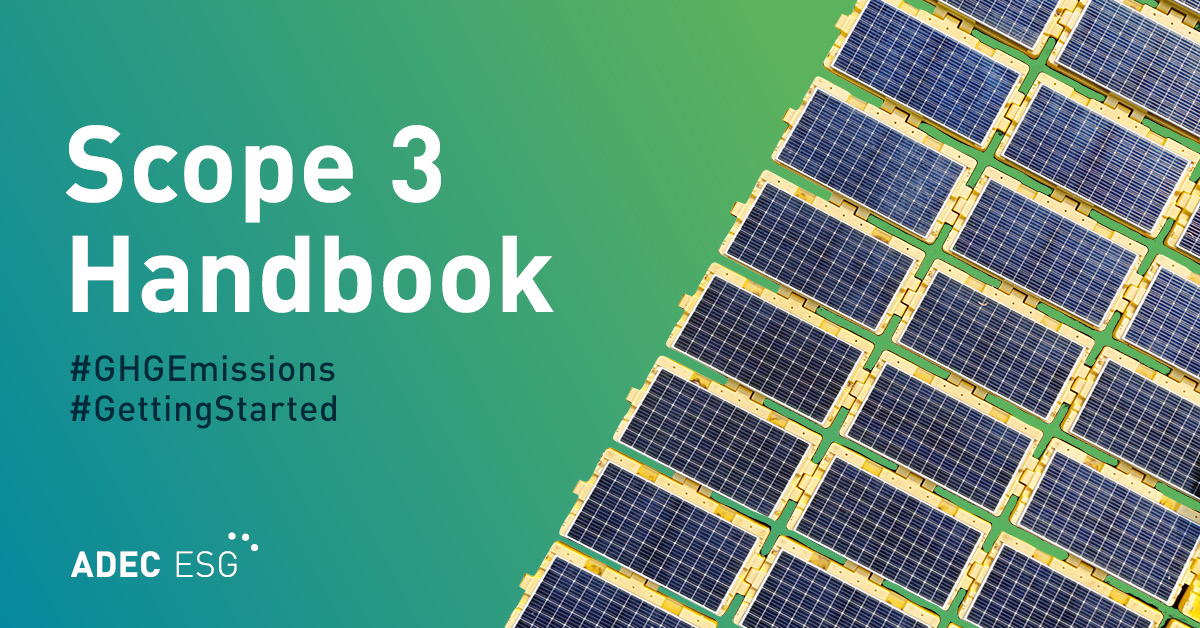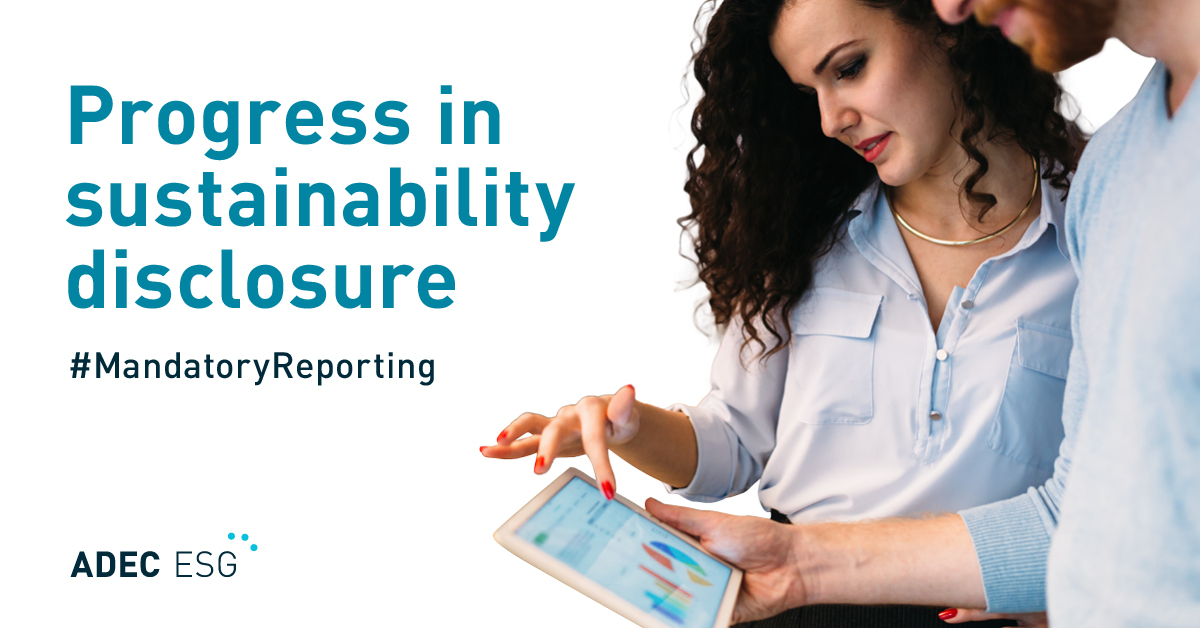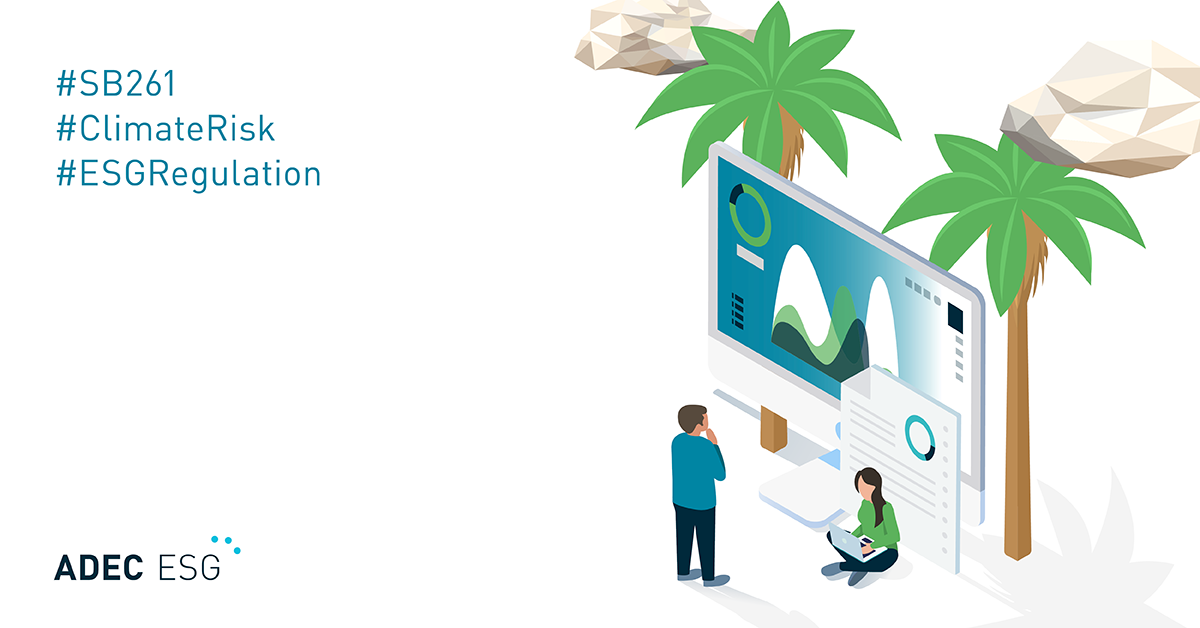A 2022 rule proposed by the U.S. Securities and Exchange Commission (SEC) would require publicly traded companies to report on greenhouse gas (GHG) emissions and reduction efforts and include these reports in financial statements. This reporting requirement would pull questions from the Taskforce for Climate-related Financial Disclosures (TCFD) and use standards for GHG accounting and reporting created by the Greenhouse Gas Protocol.
We explore this subject in-depth in our latest white paper, Scope 3 Reporting and the SEC: Defining Materiality Under the SEC’s Proposed Rule.
What does this mean for scope 3 reporting?
Scope 3 emissions refer to GHG emissions produced in the value chain. These are indirect emissions produced outside of a company’s owned or controlled sources, and they often account for the vast majority of a company’s total emissions.
The purpose of calculating scope 3 emissions is to create a more complete and accurate picture of a company’s overall emissions, but because these calculations require significant collaboration and communication with suppliers and other value chain members, accounting for scope 3 emissions can be a challenge to achieve.
Under the SEC’s proposed rule, registered companies would be required to prepare climate-related disclosures in registration statements and report filings. As the proposal currently stands, this would include GHG emissions disclosures for scopes 1 and 2 for all companies, as well as scope 3 disclosures for certain companies, depending on materiality and revenue.
What could this mean for your organization?
If your organization is registered with the SEC, this ruling could make scope 1, 2, and 3 reporting—as well as other climate-related disclosures—mandatory. For companies that are not already reporting on GHG emissions, developing the data management systems and practices required for this task could be a significant undertaking.
It’s important to note that the proposed rule is facing some opposition from various parties, who take issue with the inclusion of scope 3 reporting requirements, the SEC’s limited authority, and other challenges. However, understanding your company’s GHG profile is highly beneficial regardless of whether or not the SEC’s rule is passed in its current form. Analyzing and reporting on scope 3 emissions helps companies get a handle on what their key emissions sources are, how to mitigate these emissions, what some of their climate risks are, and what opportunities for optimization may exist. Developing a robust scope 3 data management program also demands that companies engage with their value chains on a deeper level and streamline communication—building relationships that strengthen business and climate resilience.
What can I do to prepare for a potential final rule?
Step one is to identify which of the fifteen scope 3 GHG emissions categories are material to your organization. This process will direct where you should focus your efforts for scope 3 reporting in the near term. We also recommend taking steps to improve your activity data by engaging with suppliers. Check out our white paper, Scope 3 Reporting and the SEC: Defining Materiality Under the SEC’s Proposed Rule, for more detail on each of these steps and what a path forward might look like for your company.
Ultimately, although the thought of mandatory reporting may appear daunting on the surface, it opens the door for participating companies to turn climate risks into climate opportunities.
ADEC ESG Solutions is a leading provider of sustainability services that help you track, understand, report on, and mitigate your GHG emissions. Contact our team to learn more about how we can support your ESG programs for any challenge that lies ahead.




